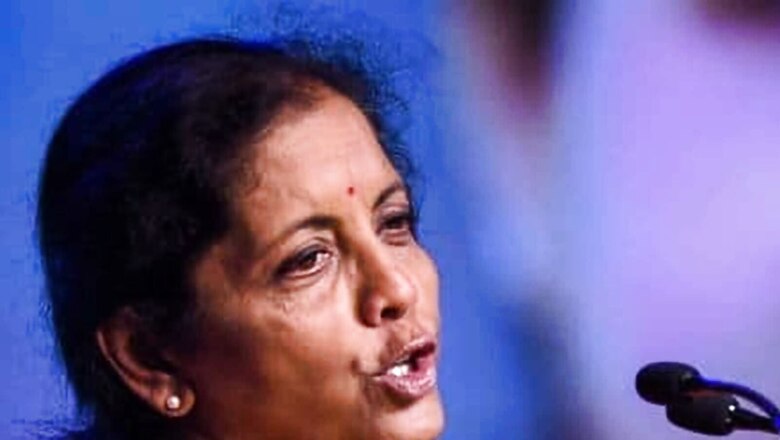
views
The countdown to the Union Budget 2023 has commenced. This will be the last full budget of the present government before the general elections due next year. The government’s determination to carry the growth in the economy in the next financial year despite the global pressures would be the driving factor and therefore expectations from the Budget remains reasonably high. Expectations from the Budget would be to give a boost to the country’s economy and encourage new investments. Some of the expectations from the indirect tax would be as follows:
Expectation # 1: Broaden the Production Linked Incentive (PLI) scheme or introduction of the Phased Manufacturing Plan (PMP) for new products
The PLI scheme advocates incremental production-based incentives and has the potential to lift India’s exports and expand the exports in line with the Government’s drive to strengthen the ‘Make in India’ initiative. The government’s intention has been to expand the PLI scheme and identify more emerging industries (leather, toys, chemicals, shipping containers etc.). Considering India’s sustainability goals, the new PLI schemes could potentially carry additional incentives for investment in green technologies and around satellite communications. It is expected that the Union Budget 2023 could widen the PLI scheme or introduce the PMP scheme for new products and consider the upcoming potential industries.
Expectation # 2: Simplification of the customs duty tariff structure
In the past Union Budgets, the government has simplified the customs duty tariff structure by removing multiple exemption notifications. However, this remains a good scope for further simplification to avoid divergent positions being taken at the field level. It is expected that the government could thereby further simplify the tariff structure to ensure fewer interpretational issues which will help reduce unwarranted litigation for businesses.
Expectation # 3: Amnesty scheme for customs litigations and other customs duty expectations
Amnesty scheme for customs litigation
The government in Union Budget 2019 and 2020 introduced amnesty schemes for central excise & service tax disputes and income tax disputes respectively thereby giving a chance to resolve the past disputes and reduce the litigation load. It is expected that a one-time amnesty scheme for resolving legacy disputes pertaining to customs matters may be looked at to reduce customs litigation.
Introduction of Development of Enterprise and Service Hubs (DESH) Bill 2022:
With a view to overhauling the existing Special Economic Zone (SEZ) law of 2005, the government proposed reforms in the DESH Bill to revive interest in SEZs and develop more inclusive economic hubs. It is expected that the government should expedite the introduction of the DESH bill.
Ease compliance rules for imports under Free Trade Agreement (FTA) to avoid future litigations
FTAs make trade between the contracting countries hassle-free. In the Indian context, FTAs have supported imports from contracting countries over the years with a startling reduction in duties and an increase in trade volumes. Some of the requirements under Section 28DA and CAROTAR 2020 are cumbersome and challenging for importers even though such compliances may not have been envisaged in the FTA between the contracting counties. It is expected that the government may bring suitable changes by amending Section 28DA and CAROTAR 2020 in the upcoming budget to provide relief to the importer and avoid future litigations.
The government has taken steps to improve indirect tax compliance using modern-day technology and automation such as analytics, artificial intelligence, and so on. It is expected that compliance and filing processes particularly also for GST could be further simplified to widen the tax base and predictability in the tax system to ensure better compliance and thereby facilitation ease of doing business.
Hardik Gandhi is Partner with Deloitte Haskins and Sells LLP, Mayur Dharnidharka is Senior Manager with Deloitte Haskins and Sells LLP, Lakshita Shah is Manager with Deloitte Haskins and Sells LLP
















Comments
0 comment